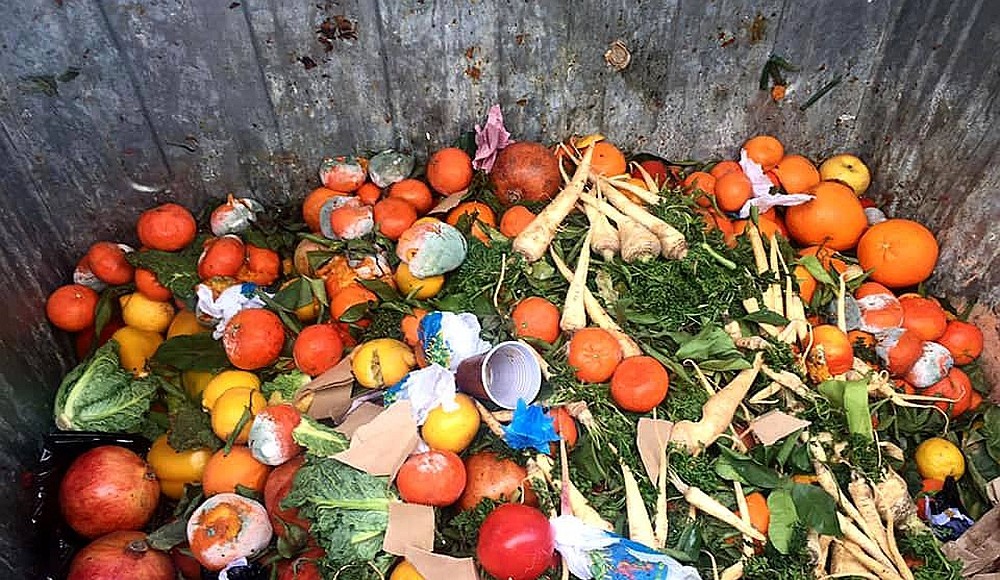
About 40 percent of food in Kenya is lost from the farm gate to the family table according to a resent Food and Agriculture Organization FAO report.
With this, on average every Kenyan throws away an average of 99 kilograms of food every year with the country wasting a total of 5.2 tonnes of food annually.
Unfortunately even with these statistics an estimated 942,000 children aged under-5 and 135,000 pregnant women and breastfeeding mothers are acutely malnourished and in need of treatment.
This is up from 755,000 and 103,000 respectively since February this year according to National Drought Management Authority (NDMA).
Indeed child malnutrition has risen around 50 percent in the last few months as Kenya is facing its worst drought in 40 years.
In total 4.4 million Kenyans are in dire need of food as the drought continues to bite.
In essence Kenya food loss and wastage accounts for Sh 72 billion annually due to wasteful consumption.
In addition Kenya produces an immense quantity of vegetables and fruits but about 40 percent of these products are wasted,
To put it in perspective the amount of food Kenyans waste in a year could feed most of the hungry people currently in need of humanitarian help for one year.
As a consequence of food shortage about 3.3 million children are at risk of dropping out of school in Kenya, Ethiopia and Somalia. This has tripled in just three months.
Other adverse effects of food shortage include early marriages, spike in Female genital mutilation cases and child labour.
In line with this year’s World Food Day theme, ,Leave NO ONE behind, strategies need to be put in place to encourage and promote food security for all.
To stop wastage and save a fellow Kenyan from starvation good practices such sharing excess food with others, buying smaller portions, eating leftovers, donating and preserving the excess food is encouraged.
Kenyans should embrace these strategies as the drought is expected to continue to bite as the country is experiencing a fifth consecutive season of major rainfall deficits which will only worsen the food crisis in the country.
In addition, the country’s recent general elections have disrupted the operations of country thus crippling the economy resulting in many families having limited purchasing power to feed themselves.

Leave a Reply